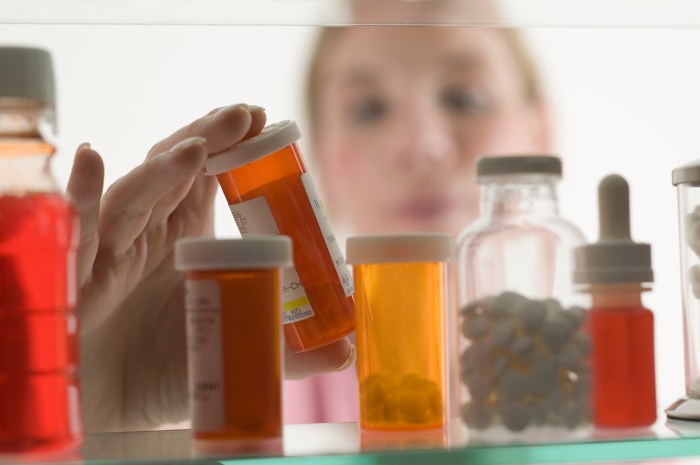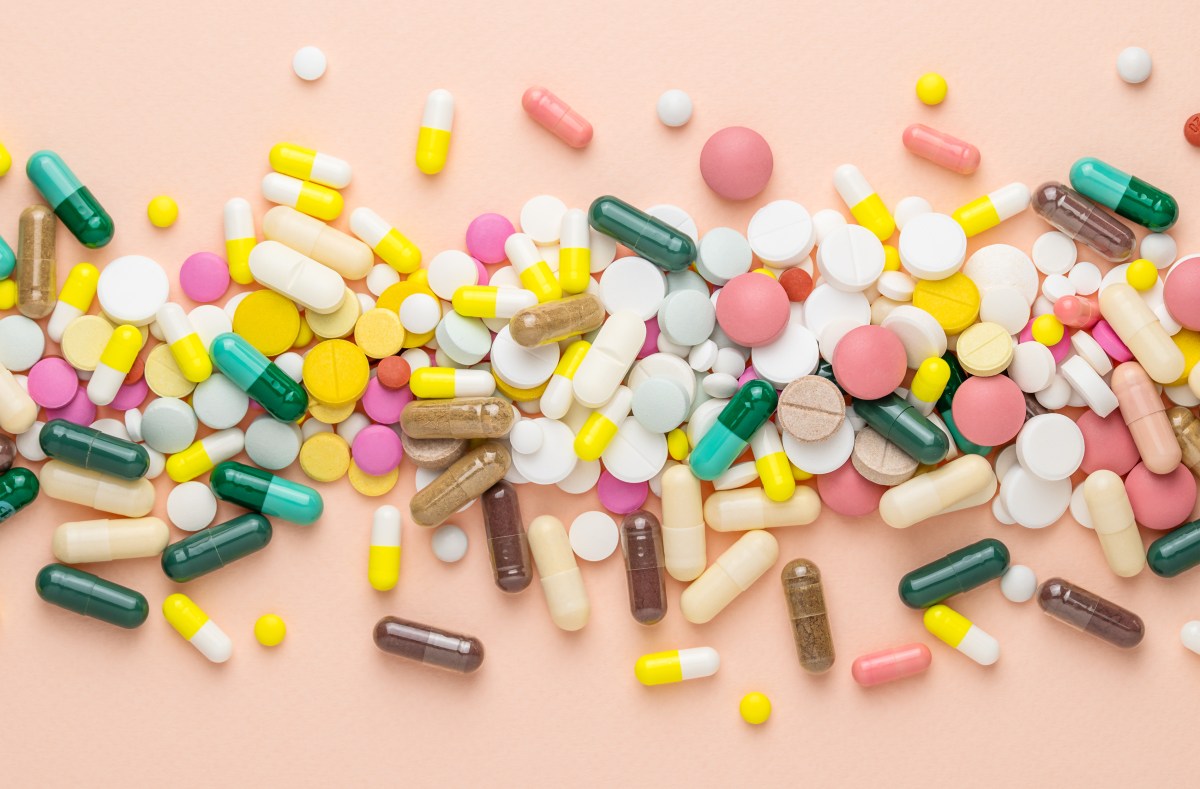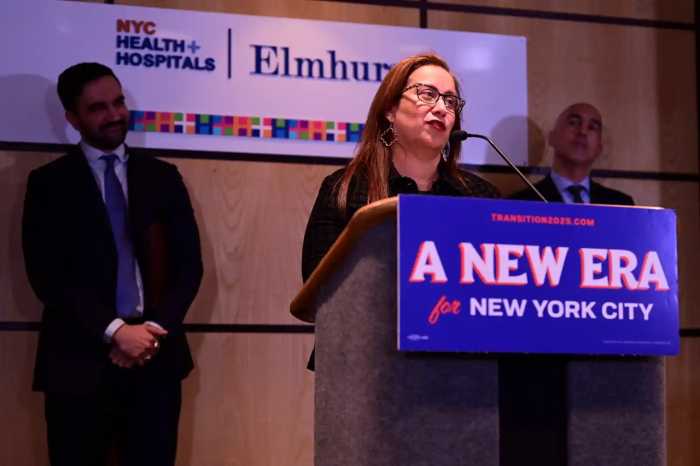Medicine cabinets are meant to protect health—but over time, they can become hazards, cluttered with expired drugs, neglected prescriptions and forgotten supplements.
Experts urge households to clean regularly, safely store essential meds and properly dispose of outdated or unused items. Here’s how to sort items, safeguard your home and environment and find drop‑off options in Nassau County.
1. What to keep
- Current prescription medications. Keep only what is actively in use, stored in their original containers with readable labels.
- Essential over‑the‑counter items. Common pain relievers (such as acetaminophen or ibuprofen), antacids, allergy relief and cough medicine are useful—but replace annually, even if not expired, to ensure potency.
- Medications needed for chronic conditions. Keep supplies for diabetes, heart disease, asthma or other ongoing conditions.
- First‑aid essentials. Bandages, antibiotic ointment, hydrocortisone cream and thermometer should be available—but check expiration dates yearly.
Storage tips: Store medications in a cool, dry place away from heat and humidity—not in the bathroom, where steam can degrade them. Consider a locked cabinet or lockbox, especially in homes with children or teens.
2. What to toss

- Expired medications. Shelf life varies; medications lose potency and may be dangerous after expiration. Discard expired drugs without delay.
- Unused prescriptions. Particularly opioids, sedatives, antibiotics and other controlled substances. Even if not expired, unused prescriptions should be removed immediately to prevent misuse .
- Discontinued OTC treatments. Leftover cold, flu or allergy medications no longer needed.
- Supplements and vitamins. These also degrade over time; review and discard unused items older than one year.
3. How to dispose safely
- Safe drop‑off locations
On Long Island secure disposal boxes are located inside police precincts and selected pharmacies. These boxes accept prescription and over‑the‑counter pills, patches, creams and pet medications—but do not accept needles, sharps, liquids, lotions or inhalers.
Nassau County Police Precincts (open 24/7):
- 1st Precinct – 900 Merrick Road, Baldwin (516‑573‑6100)
- 2nd Precinct – 7700 Jericho Turnpike, Woodbury (516‑573‑6200)
- 3rd Precinct – 214 Hillside Avenue, Williston Park (516‑573‑6300) and 100 Community Drive, Manhasset (516‑573‑6600)
- 4th Precinct – 1699 Broadway, Hewlett (516‑573‑6400)
- 5th Precinct – 1655 Dutch Broadway, Elmont (516‑573‑6500)
- 7th Precinct – 3636 Merrick Road, Seaford (516‑573‑6700)
Village and city precincts with drop boxes:
Floral Park, Garden City, Lynbrook, Malverne, Old Westbury, Port Washington, Glen Cove, Long Beach. Call ahead to confirm hours.
Pharmacy kiosks: Many Walgreens, CVS, Rite‑Aid and King Kullen locations offer secure bins . In Greenvale, Greenvale Pharmacy at 5 Northern Blvd has a DEA‑approved “Big Red Box”.
Take‑back events: Community groups host DEA‑supervised events twice yearly in spring and fall .
- Mail‑back programs
Some pharmacies and police precincts provide pre‑addressed envelopes for mail‑backs to DEA‑authorized disposal facilities.
- At‑home disposal (last resort)
If no drop‑off option is available, follow FDA and state guidelines: mix medications (do not crush pills) with undesirable substances such as coffee grounds, cat litter or dirt, place in sealable bag or container, seal, then toss in household trash near collection day. Do not flush, unless the drug is on the FDA flush list (e.g. fentanyl patches).
4. Special cases
Sharps (needles and syringes)
Sharps are never placed in drug drop boxes. New York law requires all hospitals and nursing homes to accept home‑generated sharps. Place used needles in a puncture‑proof, taped, labeled container marked “sharps.” Drop o ff ata hospital or nursing home.
Liquids, creams and aerosols
These are not accepted at drop boxes. If disposal is urgent, mix liquids with absorbent material and follow household trash guidelines. Aerosol cans may require local hazardous waste events.
5. Why it matters
Public health: Unused prescription drugs, especially opioids, are frequently abused. Safely disposing of them reduces the risk dec.ny.gov.
Environmental impact: Flushing or discarding medications may contaminate water supplies, including Long Island aquifers .
6. Medicine cabinet maintenance: A simple plan
- Quarterly check: Review every three months. Remove expired or unused medications.
- Label review: Verify active medications’ dosage and expiration. Discard outdated items immediately via drop‑off or mail‑back.
- Restock essentials: Replace basic OTC items like pain relievers, antacids and allergy relief.
- Proper storage: Keep medications secure—preferably locked and out of humidity.





























